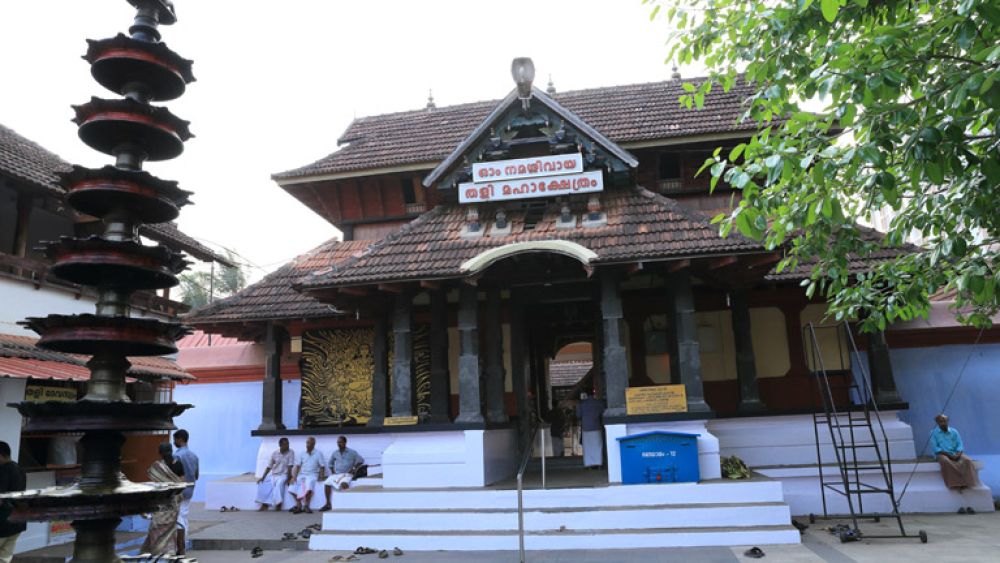

The Thali Shiva Temple, located in the city of Kozhikode (also known as Calicut) in Kerala, is a remarkable example of the rich cultural and spiritual heritage of southern India. This historic temple is dedicated to Lord Shiva and has been an important center of worship and pilgrimage for centuries.
The origin of the Thali Shiva Temple dates back to the 14th century, though it is believed that the site was a place of worship even before the current structure was erected. The Zamorins, who were the ruling dynasty of Kozhikode, were great patrons of the temple and contributed significantly to its development and the prosperity of the festival known as the ‘Revathi Pattathanam,’ an annual cultural and intellectual event.
In recent years, the temple has garnered increasing attention from both domestic and international tourists, becoming an integral part of the heritage tourism circuit of Kerala. The architecture of the temple, with its intricate carvings, massive walls and traditional woodwork, stands as a testament to the crafts and skills of artisans of the bygone era.
One of the prominent aspects that attract tourists to the Thali Shiva Temple is its architectural brilliance. The temple exhibits the classic style of Kerala temple construction with its towering gopurams (gateway towers), expansive courtyards, and the main sanctum sanctorum housing the revered Shiva linga.
The temple is the epicenter of numerous festivities throughout the year. Of these, the most notable is the ‘Thali Mahotsavam’ – a festival occurring in the Malayalam month of Meenam, which celebrates the divine marriage of Lord Shiva and Goddess Parvati. This week-long festivity is a spectacle to behold, replete with cultural performances, elaborate rituals, and a grand procession.
The Kerala tourism industry has embraced various sustainable and eco-friendly practices, reflecting in the maintenance and management of heritage sites such as the Thali Shiva Temple. There is an increased focus on preserving the natural ecosystem while providing tourists a holistic and educational experience.
Visitors to the Thali Shiva Temple can now engage in an immersive cultural experience that goes beyond mere sightseeing. Interactive sessions with local historians, guided temple tours explaining the mythological significance, and participation in ‘annadanam’—the offering of food to devotees, are ways through which tourists can enjoy a more meaningful connection with the destination.
The Thali Shiva Temple is not just a place of religious importance; it is a beacon of cultural heritage and architectural magnificence. The temple continues to attract visitors with its peaceful ambiance, rich history, and spiritual significance. As tourism continues to evolve, the Thali Shiva Temple stands as a proud embodiment of Kozhikode's past and a prominent feature of Kerala’s tourism landscape.